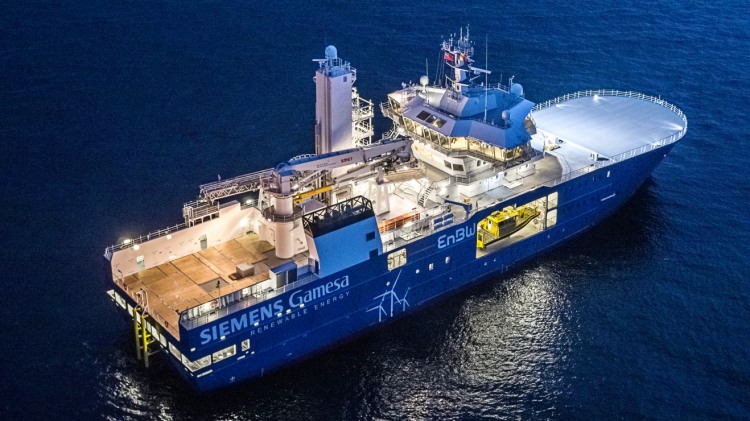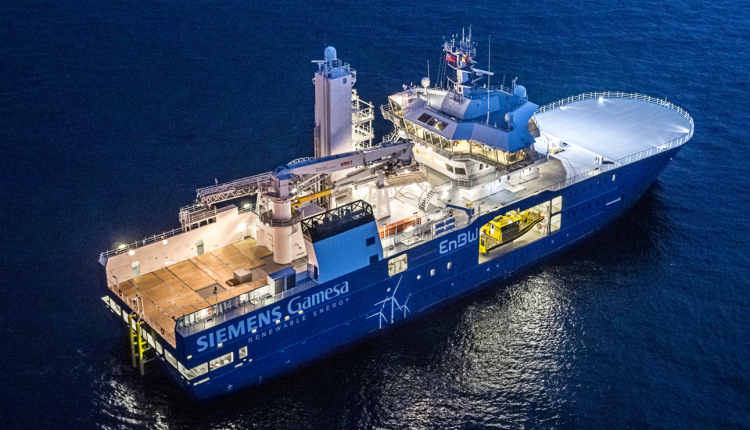Bibby Line Group sees profits hit £30.9m
215-year-old Liverpool firm Bibby Line Group is reporting profits of £30.9m as it pushes on with plans to build a net zero carbon offshore support vessel. Tony McDonough reports

Slimmed down Bibby Line Group (BLG) is reporting a return to profit after seeing net losses hit £26.5m during the pandemic.
Net profit for the 12 months to December 31, 2021, came in at £30.9m. Turnover at the Liverpool firm was £260m. This was a big drop from the £833m reported for 2020 but comes after the sale of Bibby Distribution and the Costcutter retail chain.
BLG is one of Liverpool’s oldest businesses. It was established as a shipping company in Liverpool in 1807. Based at Exchange Flags in the city centre it is now a diverse International business. Still owned by the Bibby family, it employs around 1,300 in multiple countries across financial services, marine and infrastructure support.
Jonathan Lewis, group managing director, said “The last few years have been tough for many businesses, Bibby included. As shown by these results, however, we emerge leaner, stronger, more profitable and better capitalised.”
For the past couple of years its Bibby Marine subsidiary has pushed forward with the Bibby Marine WaveMaster Zero C project. The company currently operates two service operation vessels (SOVs) which have both come into service in the last few years.
These SOVs are floating powerhouses that provide support for offshore facilities such as wind farms and gas and oil fields. They will carry up to 90 people for weeks at a time and they have huge power needs.
Each vessel generates 6-7 MW of power. In the course of a year both vessels will use enough energy to power 800 homes and 18m miles of car journeys. This adds to around 14,000 tonnes of CO2 per year.
With grant funding from Government project, MarRI-UK, Bibby Marine has carried out research and development on a new generation of vessels that utilise alternative fuels. Its industry partners include Damen and Lloyds Register.
Alternative fuels include hydrogenated vegetable oil (HVO), green methanol, all-electric, and hydrogen, gaseous / liquid. Bibby believes its project could help the maritime sector make a big step forward towards decarbonisation. It is seeking tens of millions of pounds from the Government to help turn the project into reality.
Speaking at the Mersey Maritime / Maritime UK Maritime Exchange conference in June, chairman Sir Michael Bibby urged the Government to provide the necessary seed funding. He said: “We need to be the leaders in this technology and we need to do it now.”
In 2021, BLG also committed to a set of sustainability goals through the launch of its Project Compass programme. This includes net zero total carbon emissions by 2040. It will also mean 1,000 colleague days given to the community every year.
Mr Lewis added: “Through these tough years, Bibby has continued to have a positive impact on society on a global basis.
“This includes providing vessels to support COVID relief efforts, financing small and medium-sized businesses to survive and thrive, and supporting the continued energy transition away from fossil fuels.”

